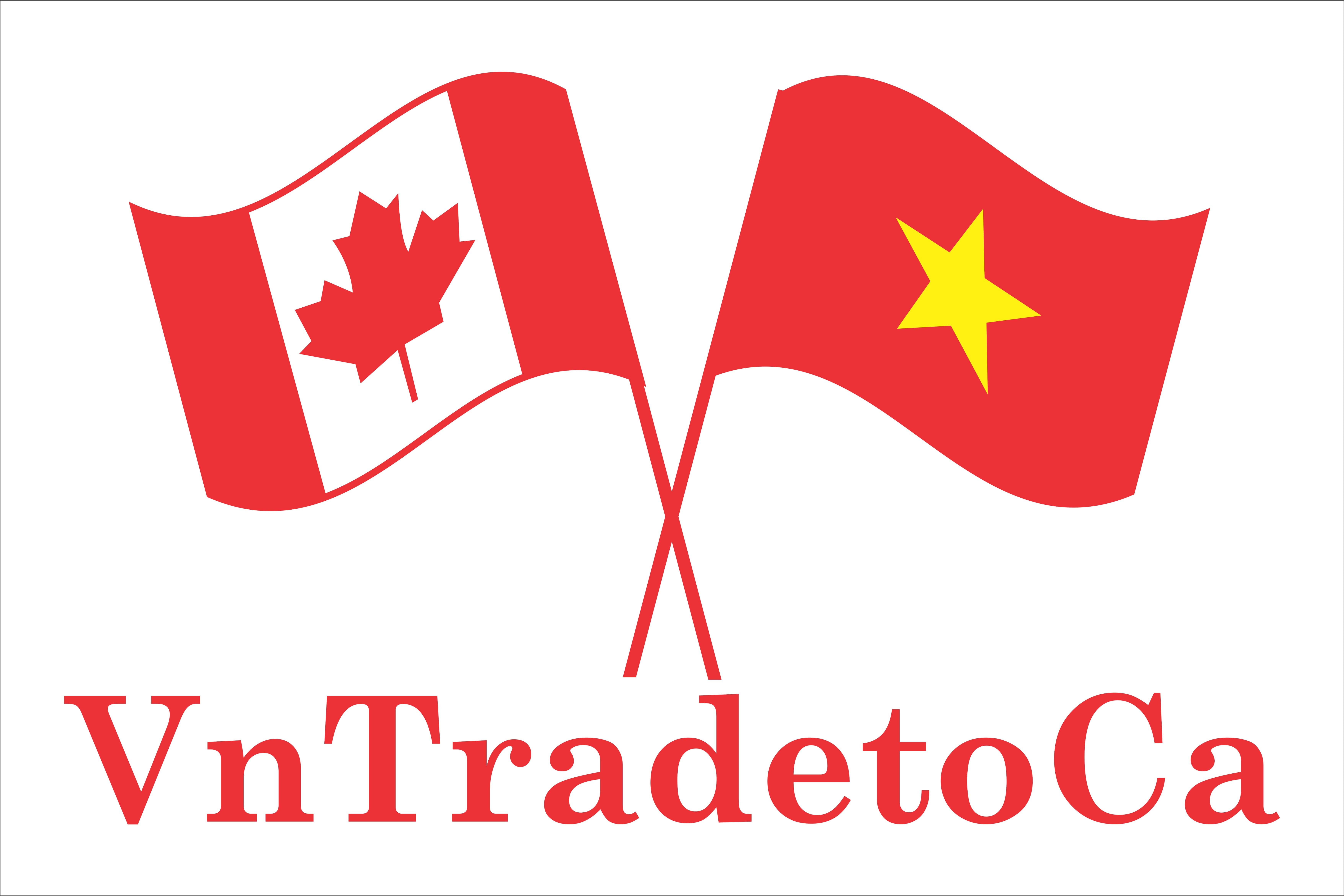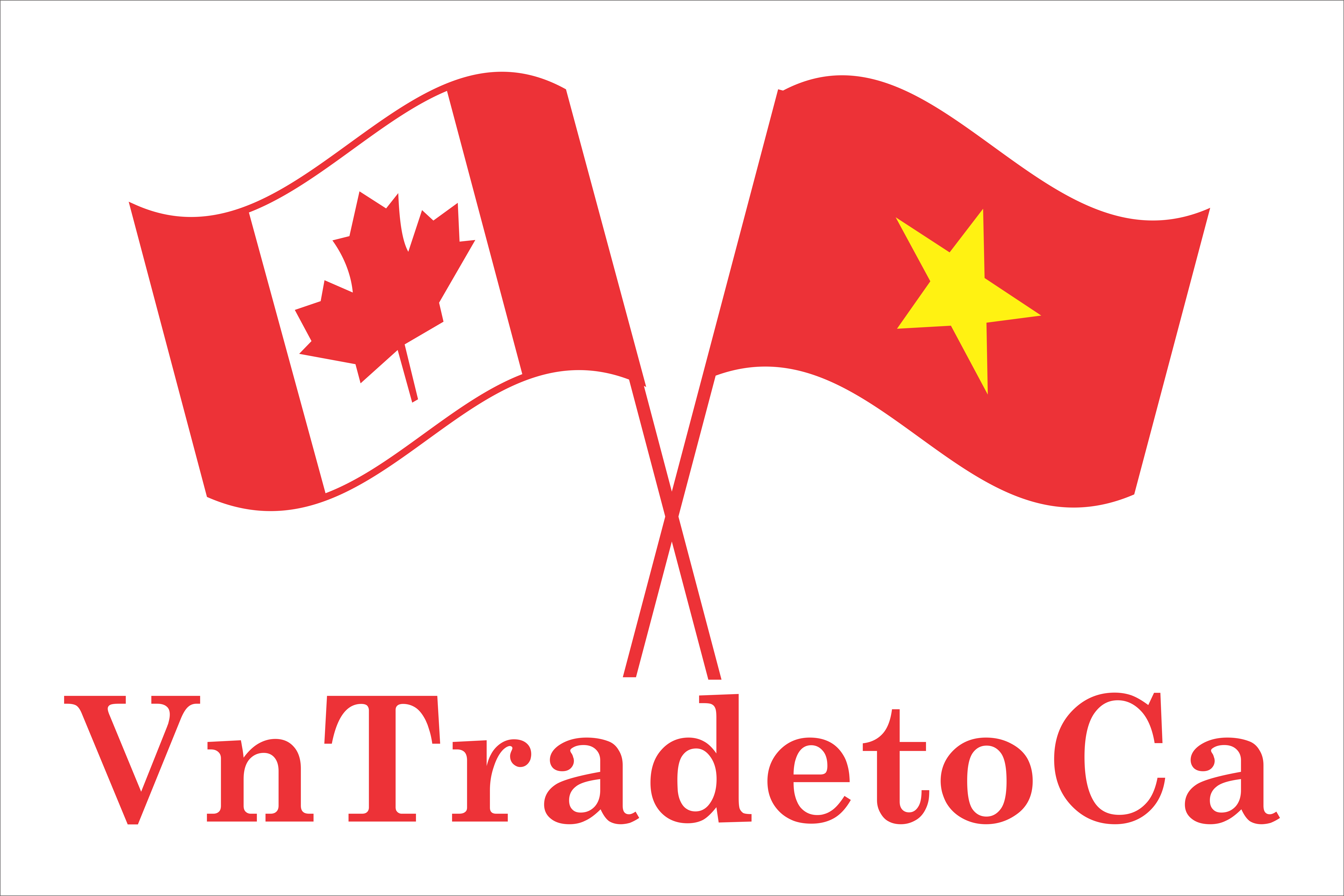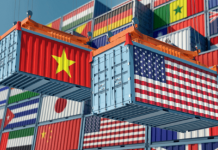The Comprehensive and Progressive Agreement for Trans-Pacific Partnership (CPTPP) is expected to create more impetus for Vietnam’s economic development and especially in the promotion of institutional reforms if there are willingness and adaptability from Vietnamese policy-making agencies and the business community.
Exports gaining benefits
The CPTPP initially contributed positively to Vietnam’s trade activities since it came into force on January 14, 2019. According to a report by the Central Institute for Economic Management (CIEM), last year Vietnam’s export turnover to the six-member countries who signed the CPTPP reached US$34.4 billion, up 8.3 %, while import turnover reached US$30.1 billion, an increase of only 1%. Before the CPTPP, the share of Vietnam’s exports to CPTPP countries during 2007-2008 accounted for nearly 30.2% but the figure gradually decreased to 23% and 18% in 2009-2010 and 2011-2018, respectively.
As the agreement took effect from the beginning of 2019, instances of taking advantage from the preferential treatment offered by the CPTPP is not high in some products, markets, and industries with high utilization rates, such as seafood, textile, and footwear, which are Vietnamese strengths. There is plenty of room for local businesses to improve their ability to take advantage of preferences in the CPTPP, but it is difficult to separate that process from the exploitation of other bilateral free trade agreements (FTAs).
From these figures, Head of CIEM’s General Research Department Nguyen Anh Duong has assessed that CPTPP has contributed positively to Vietnam’s trading activities, having special significance in promoting the reform of the investment and business environment in Vietnam in terms of attracting foreign investment. In addition, policymakers and investors are more willing to take opportunities from CPTPP. During the 2010-2019 period, Vietnam’s FDI increased by 12.4% per year on average in terms of the number of projects, 5.1% per year in registered capital, and 7.4% per year in terms of disbursement. The scale of FDI disbursement has continuously set new records, including the milestone of US$20.4 billion in 2019. Investor confidence has increasingly strengthened in the context of a stable macroeconomic environment, while the investment and business environment have constantly improved towards more openness and FDI attraction policies are increasingly reaching completion.
Regarding enterprises’ understanding of CPTPP, they have paid due attention to learning about CPTPP, but only in regard to short-term issues, such as tariffs and tariff reductions, while there is not a full and systematic understanding on other aspects, including rules of origin, technology and information about domestic and foreign supplier networks. Vietnamese enterprises still also face difficulties in technological improvement, staff capacity enhancement and participating in the global supply chain, despite the improvement in supply relation with FDI enterprises.
Great impact when CPTPP resonating with EVFTA
The great opportunity brought about by CPTPP to Vietnamese enterprises is the ability to expand markets, increase exports and participate in the global value chain, as well as access to investment capital, foreign technology and management skills, while also allowing them improve performance when market economic institutions are finalised. However, businesses must also effectively handle challenges, especially in improving competitiveness and the ability to take advantage of opportunities, especially in harmonising CPTPP with other integration routes.
The impact on businesses would be more positive if the Government further strengthens social consensus on the reform process and measures, while balancing policy goals and creating more policy spaces to support enterprises.
Nguyen Thi Thu Trang, Director of the WTO Integration Centre under the Vietnam Chamber of Commerce and Industry, said that the greatest opportunity of CPTPP is actually the pressure of institutional reform. “Seven out of 10 CPTPP member partners have signed and implemented FTAs with Vietnam for many years, so the economic benefit is mainly in relation to the remaining three partners. But the impact on institutional reform is significant for Vietnam because of high commitments in CPTPP,” emphasised Trang.
There are four important areas of institutional reform in relation to the CPTPP, including CPTPP setting mandatory standards and orientations for institutional reforms; commitments in the CPTPP are very close to the resolutions on institutional and policy reform that Vietnam is implementing, which will create pressure for early and effective implementation; the CPTPP provides technical assistance to deal with difficult issues in institutional reform; and the institutional requirements set out in the CPTPP are very close to the EU-Vietnam Free Trade Agreement (EVFTA). Therefore, the economic opportunity in the CPTPP may not be huge, but when resonating with the benefits from EVFTA, they create great motivation for Vietnam to reform its institutions, as well as availing of more opportunities and realising economic benefits. In particular, there is an important requirement in improving the quality of goods to take advantage of tariff preferences by promoting supporting industries, autonomy in production materials and investment opportunities.
According to experts, compared to other countries participating in the CPTPP, Vietnam still has a gap in economic institutional quality, reflected in the rankings of the World Bank’s ease of doing business index, global governance index and global competitiveness indicator, which require Vietnam to continue to improve through its own efforts and leverage of its partners’ technical support.
Dr. Vo Tri Thanh, Head of the Institute for Brand and Competitiveness Strategy, emphasised that CPTPP implementation is not only reflected in the level of commitment, but more importantly its effectiveness. To properly understand and take advantage of opportunities from CPTPP, in the near future, it is necessary to take the lessons learned regarding understanding CPTPP.
Economist Le Dinh An said that it is crucial to have a comprehensive assessment of the implementation results, the adaptation of the economy and businesses and the challenges from the CPTPP one year after its coming into force, from which finding out the problems and solutions to such issues. At the same time, it is also necessary to disseminate information from the agreement to businesses with specific and practical contents, as well as setting up a focal-point agencies to carry out specific work. All these tasks must be implemented with political determination and persistence in the long term to realise the benefits of CPTPP.
Source: Nhan Dan Online







